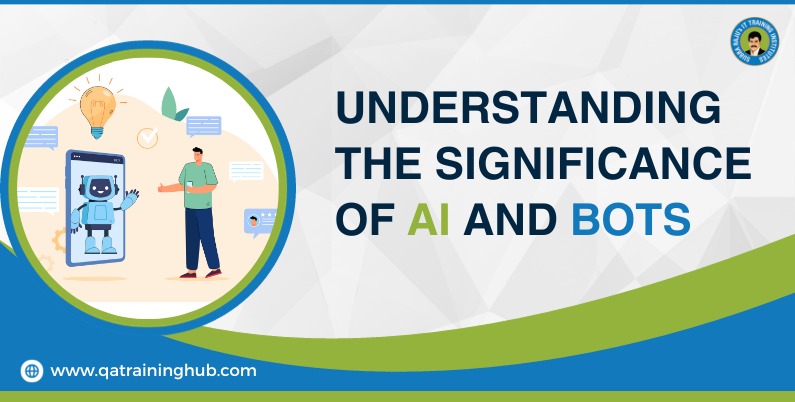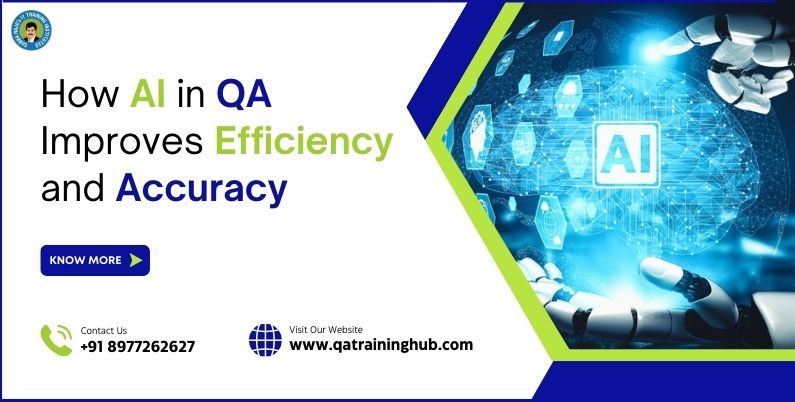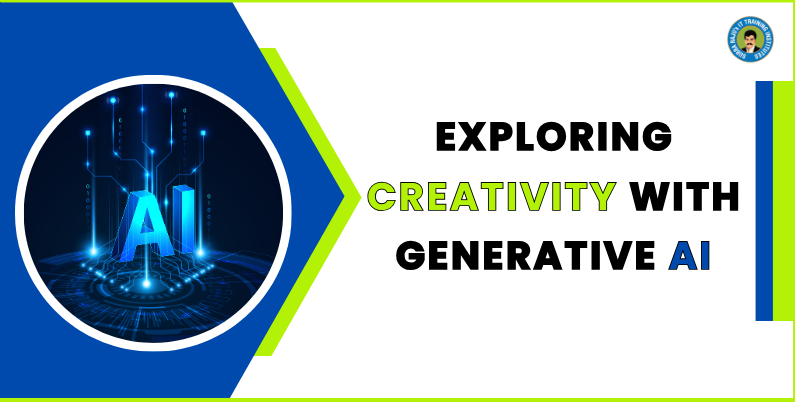The Evolving Landscape: Understanding the Significance of AI and Bots

Artificial Intelligence (AI) and bots are revolutionizing industries across the globe, presenting a future that is highly automated and technologically advanced. In this article, we will delve into the expanding role and importance of AI and bots in various sectors, exploring the pros and cons of their integration. Furthermore, we will discuss the preparation and skills students require to excel in AI and utilize AI tools effectively.
The Rise of Artificial Intelligence and Bots
Understanding Artificial Intelligence (AI)
Artificial Intelligence is the simulation of human intelligence processes by machines, especially computer systems. It involves learning, reasoning, problem-solving, perception, language understanding, and more. AI algorithms analyze large sets of data, identify patterns, and make informed decisions without human intervention.
The Significance of Bots
Bots, short for robots, are software applications designed to automate tasks that would typically require human interaction. These tasks can range from answering customer queries and scheduling appointments to automating repetitive business processes. Bots are powered by AI, enabling them to learn and improve their performance over time.
Pros and Cons of AI and Bots
Pros of AI and Bots
- Automation and Efficiency:
AI and bots automate repetitive and mundane tasks, freeing up human resources for more creative and complex endeavors. This significantly enhances productivity and operational efficiency. - Data Analysis and Insights:
AI processes vast amounts of data quickly and accurately, providing valuable insights and aiding data-driven decision-making for businesses and organizations. - Personalization:
AI enables personalized experiences for users by analyzing their preferences and behaviors, tailoring recommendations and services accordingly. - Predictive Analysis:
AI algorithms can forecast trends, customer behavior, and market demands, allowing businesses to make proactive decisions and strategies. - Improved Customer Service:
Bots equipped with AI can provide instant responses and support to customer queries 24/7, enhancing customer satisfaction and engagement. - Cost Savings:
Automating tasks through AI and bots leads to cost savings by reducing the need for a large workforce to handle routine activities.
Cons of AI and Bots
- High Initial Costs:
Implementing AI and bot technologies can be expensive, especially for smaller businesses and startups, limiting their adoption. - Job Displacement Concerns:
The automation potential of AI and bots raises concerns about job displacement as routine tasks get automated, potentially reducing job opportunities for certain roles. - Privacy and Security Risks:
The collection and analysis of large amounts of data raise privacy and security concerns, necessitating stringent measures to protect sensitive information. - Dependency and Reliability:
Overreliance on AI and bots can pose a problem if they malfunction or are not available, impacting critical operations and services. - Ethical Considerations:
AI algorithms can inadvertently reinforce biases present in the data they are trained on, leading to ethical dilemmas and concerns about fairness and inclusivity.
Preparing for the AI Revolution: Skill Sets and Education
- Foundational Knowledge in Computer Science:
A solid foundation in computer science, including programming languages, data structures, algorithms, and databases, is essential for a successful career in AI. - Understanding Mathematics and Statistics:
Proficiency in mathematics, particularly calculus, linear algebra, and probability, is crucial for comprehending AI algorithms and models. - Machine Learning and Deep Learning:
Acquiring expertise in machine learning and deep learning is fundamental, as they form the core of AI applications. Understanding neural networks, algorithms, and training models is essential. - Domain-Specific Knowledge:
Specializing in a particular domain, such as healthcare, finance, or robotics, allows individuals to apply AI effectively in those sectors and solve domain-specific challenges. - Problem-Solving Skills:
Developing strong problem-solving skills and a logical approach to complex issues is vital for effectively implementing AI solutions. - Continuous Learning and Adaptability:
Given the rapid evolution of AI, continuous learning and staying updated with the latest advancements are crucial. Being adaptable to new tools and technologies is equally important.
Summary
Artificial Intelligence and bots are undeniably reshaping industries and societies, promising a future of enhanced efficiency, productivity, and innovation. While they bring immense advantages such as automation, data analysis, personalization, and predictive insights, it’s crucial to address the associated concerns, including privacy, job displacement, and ethical considerations.
To thrive in this evolving landscape, students aspiring to specialize in AI should focus on building a strong foundation in computer science, mathematics, and machine learning. They should emphasize problem-solving skills, domain-specific knowledge, and a commitment to continuous learning. If you are interested in acquiring these skills, then QA Training Hub is the best place for you.
As the AI revolution continues, it is imperative to harness the potential of AI and bots responsibly, ensuring a future where humans and technology coexist harmoniously, contributing to a better world.







